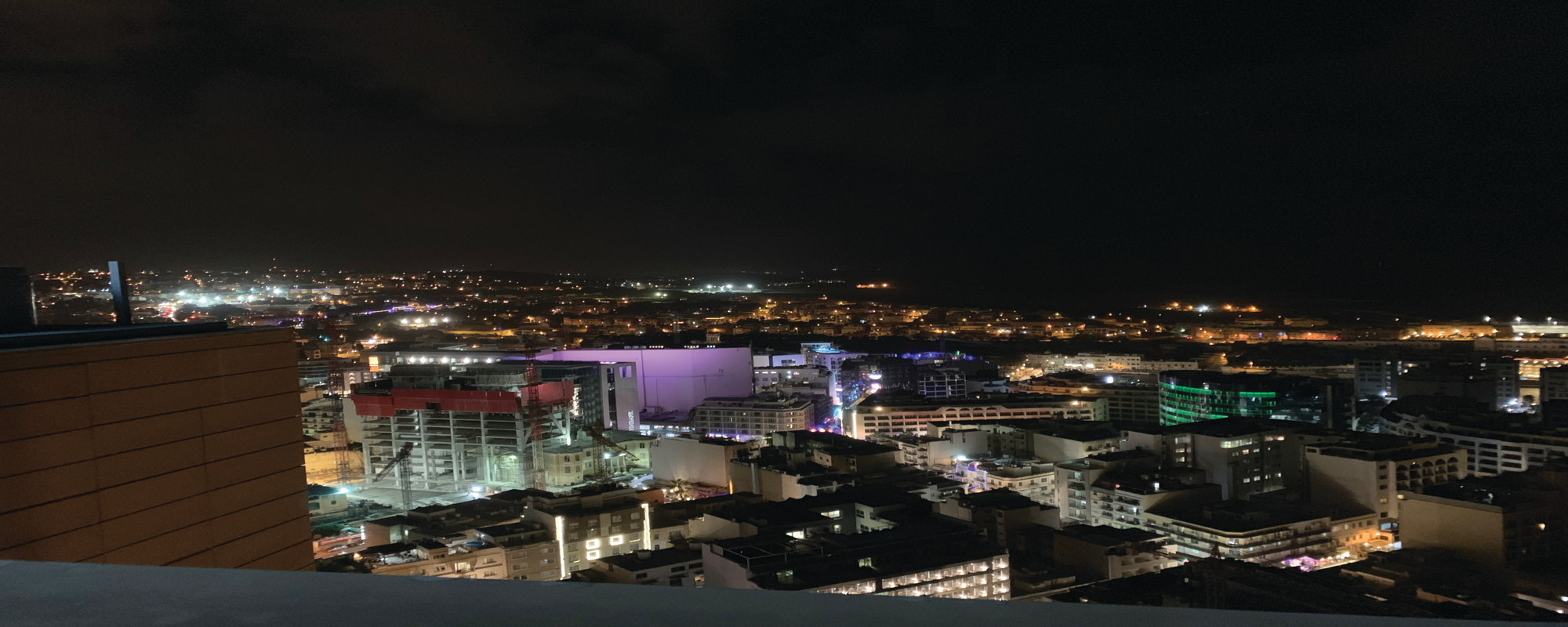A community is more than just a group of people who live in the same area. A community requires commonalities, communication, and context. When one of these factors doesn’t hold true, then there is no community, and if there is no community, then what is there?
Individuals can exist on their own, but we, as social animals, are constantly seeking to be amongst similar people. That sense of belonging can be fulfilled within a group formed by people with interests and traditions which are seen as normal within the group but not necessarily within the public sphere.
Let’s take Paceville (a nightlife area in Malta) as an example. It is a petri-dish of different social, cultural, and economic backgrounds. These groups can be native to the area, such as residents that are identified as either local or foreign. The existence of these two groups is acknowledged from either side, which sees an individual being automatically classified into one group or the other on the basis of nationality. That being said, the group labelled as ‘foreign’ is further composed of smaller groups identified by their ethnicities.
On the other hand, a group can be external to Paceville, referring to those affiliated with the area in a functional manner. A prominent example is the consumer audience, composed of individuals that are alien to the locality’s lifestyle but contribute to its economic factor. The term ‘consumer’ refers to clusters of people such as tourists, partygoers, and retail shoppers. As a result, these clusters are not classified by their ethnic identities but instead by their role within the social sphere. Some of these groups are time-based, such as partygoers at night and retail shoppers during the day.
When groups come into contact, they either discover commonalities or conflicts. Should the two groups conflict, then their differences are further enforced as separating factors. If they have substantial commonalities, they can form a new community. Within a new community, state-affiliated stakeholders may improve public life with initiatives such as public feasts, community policing, and social spaces.
In order to encourage more positive communities, it is important that we focus on commonalities and view our differences as a means for growth rather than a source of conflict.
The author would like to thank the Faculty of Media & Knowledge Sciences (Media & Communications Department) for their guidance throughout the research initiative.





Comments are closed for this article!